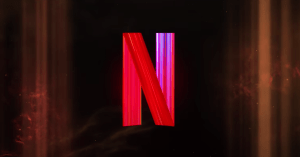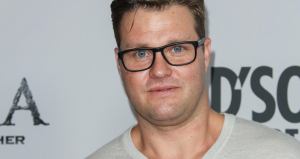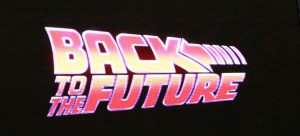Warner Bros. CEO David Zaslav seemed to forget all about some of his company’s biggest movies during a recent industry conference. Zaslav was speaking before a crowd of other professionals at the Goldman Sachs Communacopia and Technology Conference according to a report by The Wrap, where he tried to make the point that Warner Bros. does not overuse its recognizable intellectual property the way competitors do. In the process, Zaslav either ignored or forgot about movies like Fantastic Beasts and The Hobbit.
“One of the other real strengths of Warner Bros. is we talk about the great IP that Warner Bros. owns, but for us, the challenge is that our content, our great IP – Harry Potter, DC, Lord of the Rings – that content has been underused,” Zaslav said. There may be a valid argument that Warner Bros. has been slower to exploit big franchises in recent years, but Zaslav’s illustrative examples were all incorrect. He said that WB hasn’t done “long-form Superman” in over 10 years, which is not true – in addition to the several live-action TV shows including Superman and Lois, there have been many lauded animated projects – most recently My Adventures With Superman on Adult Swim.
Videos by PopCulture.com
Zaslav then said: “We haven’t done anything with Harry Potter for more than a decade. We haven’t done anything with Lord of the Rings,” which is obviously not true. Warner Bros. has released three Fantastic Beasts movies – most recently in 2022 – as well as a 20th anniversary special and video games. Additionally, the company announced plans for a new series adaptation of the original Harry Potter novels earlier this year.
As for Lord of the Rings, the company’s adaptation of The Hobbit is infamous for stretching the story out by any means necessary. While Peter Jackson’s acclaimed trilogy allotted one movie per book, the much shorter Hobbit was expanded into three movies under heavy pressure from the studio. The last of those movies premiered in 2014, and last year The Lord of the Rings: The Rings of Power premiered on Prime Video. While WB was not involved in that show, the saturation did not stop the company from announcing new projects set in Middle-earth, including the upcoming War of the Rohirrim.
There are plenty of other examples of heavily-used IP under the WB umbrella, though fans may have different opinions on which ones are cash-grabs and which ones deserve more screentime. Either way, Zaslav’s point was clearly to differentiate WB from other companies like Disney, which has been focusing heavily on Marvel and Star Wars in recent years with mixed results. As these statements circulate online, many commenters take issue with Zaslav’s characterization of his company’s creative integrity.








